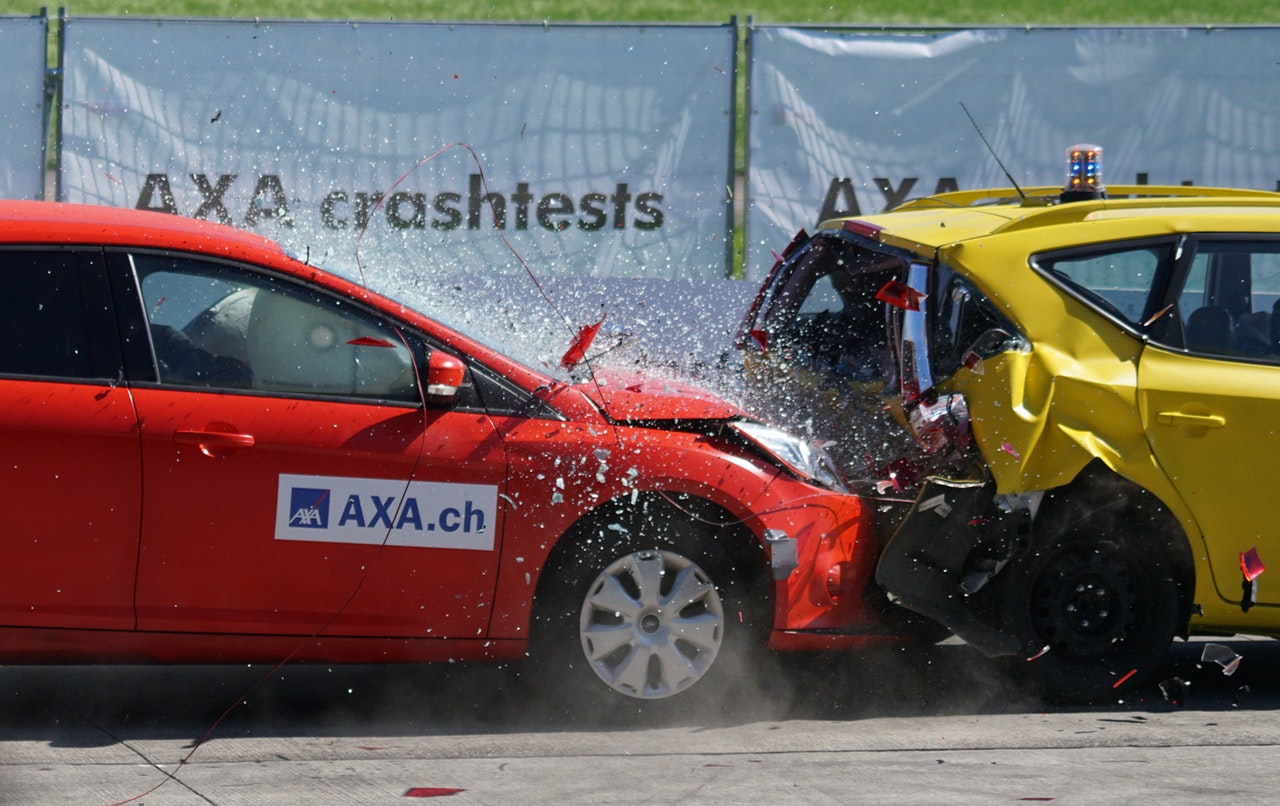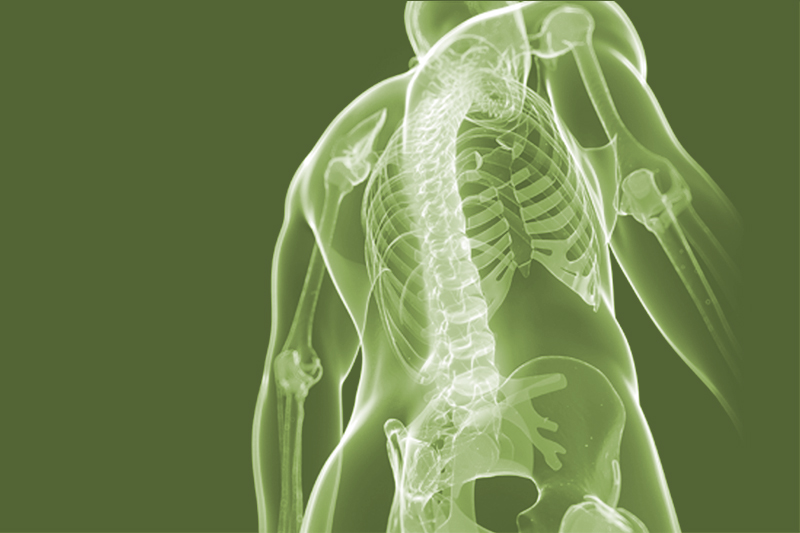A recent study by the US Department of State placed the nationwide percentage of car ownership hovering around 85%. You may rely on a vehicle to commute everywhere you need to go. Practically no one takes to the road expecting to encounter a car accident. But sometimes the unthinkable happens, and your car collides with another vehicle or an obstacle. Over a century of automotive development has helped us make cars safer than ever before. But in a crash, we are still discussing tons of force, and those physics are impossible to ignore. Even with all safety features at your disposal, your body may inevitably be affected by such an incident. And in particular, your spine.
The human spinal column is an immensely complex structure. In addition to facilitating nearly every movement and action you will take, It is also designed to bear the stress and strain you will encounter throughout your entire life. During a catastrophic event like a car accident, even if you do not feel any pain your spine may be adversely affected in a number of ways:
You Don’t Want To Let This One Slip
You may have heard someone coming away from a back injury lamenting that they “slipped a disk.” This is referring to jelly-like disks that are located between each of the vertebrae that make up your spine. These disks are meant to keep these vertebrae properly aligned and spaced from each other, while also absorbing a moderate amount of impact during your day to day activities. During a car accident, if too much stress is placed on the spine, this can cause these disks to herniate. This means the disks may rupture or “slip” out of place. This may lead to sciatica, which is defined as pain affecting the back, hip, and outer side of the leg, specifically caused by compression of a spinal nerve root in the lower back, often owing to degeneration of these intervertebral disks.
Whiplash is a common injury sustained in a car accident. Depending on where the impact comes from, your body will suddenly lurch in a direction. But the way your neck flexes and bends, your head may not follow your body until a split second later. When it does so the action is often swift and violent, and the sudden stretch and strain on your neck can cause hyperextension or tearing of muscles, tendons, and ligaments starting from your head and coursing down your back.

Things Can Get Complicated
Nerve, muscle, and ligament damage need to be carefully diagnosed. They can sometimes be overlooked because they are not apparent on an x-ray, and the pain and problems from this type of damage may not manifest until days or months from the time of an accident. These need to be diagnosed and treated as early on as possible. Even though your body will attempt to heal this damage, misalignment or a lack of focused care can cause these injuries to become constant sources of pain throughout your entire life, long after the accident occurred.
It Probably Won’t Just Go Away…
If you are an unfortunate participant in a car accident, it is highly advisable that you seek chiropractic consultation or advice. Just like you would take your vehicle to an automotive technician, your spine is a complex instrument that should benefit from having an expert examining it. While many medical outlets can provide means to manage the pain, a chiropractor is specialized to ensure the vertebrae are properly aligned, and that the nerves and soft tissue are on track to heal correctly and help you resume your life.


